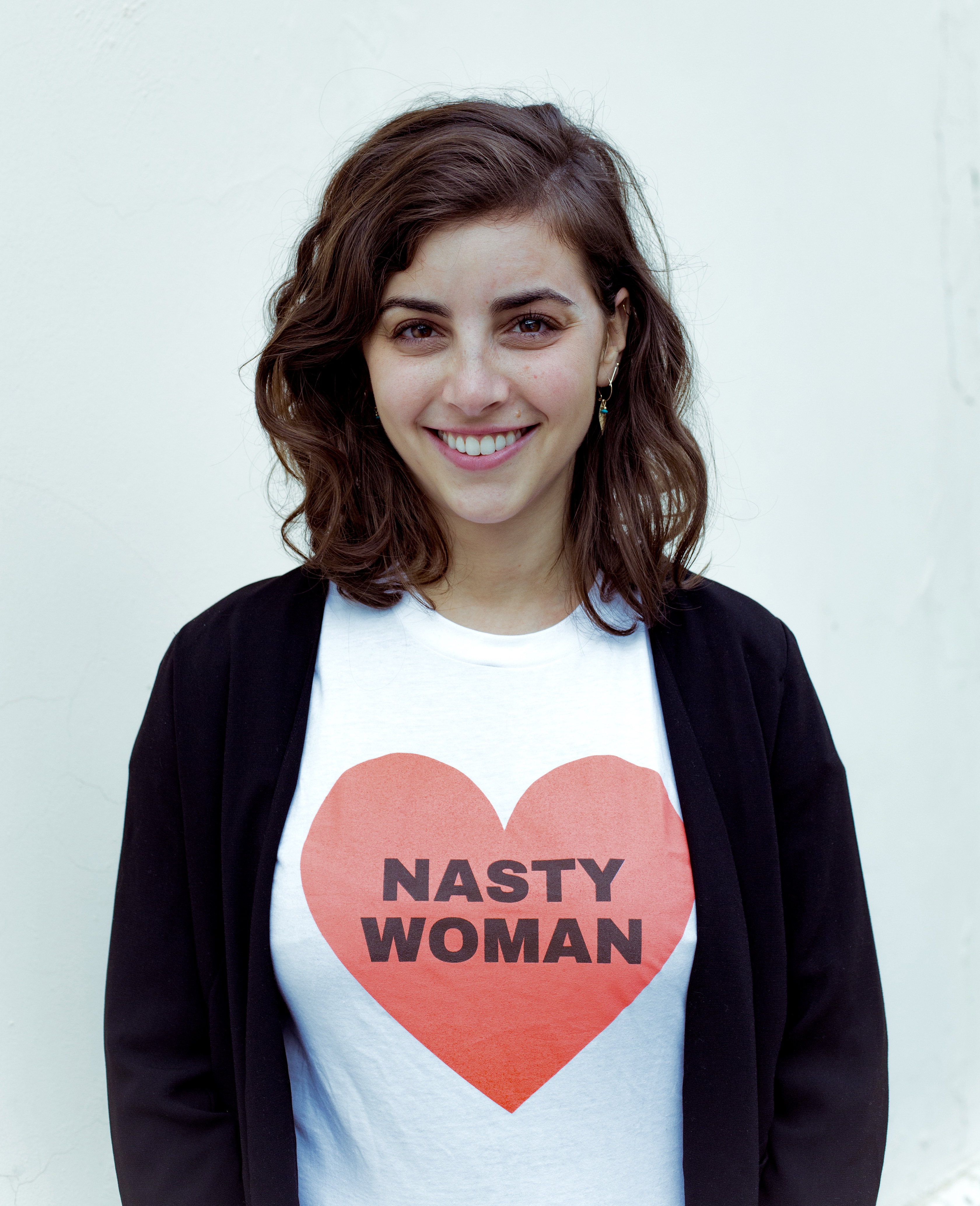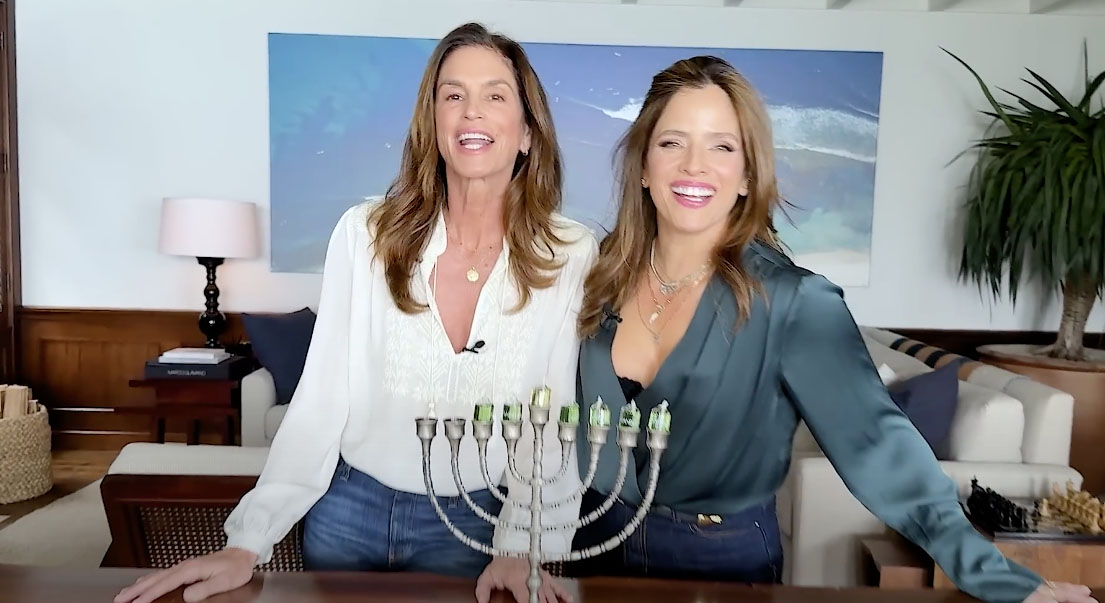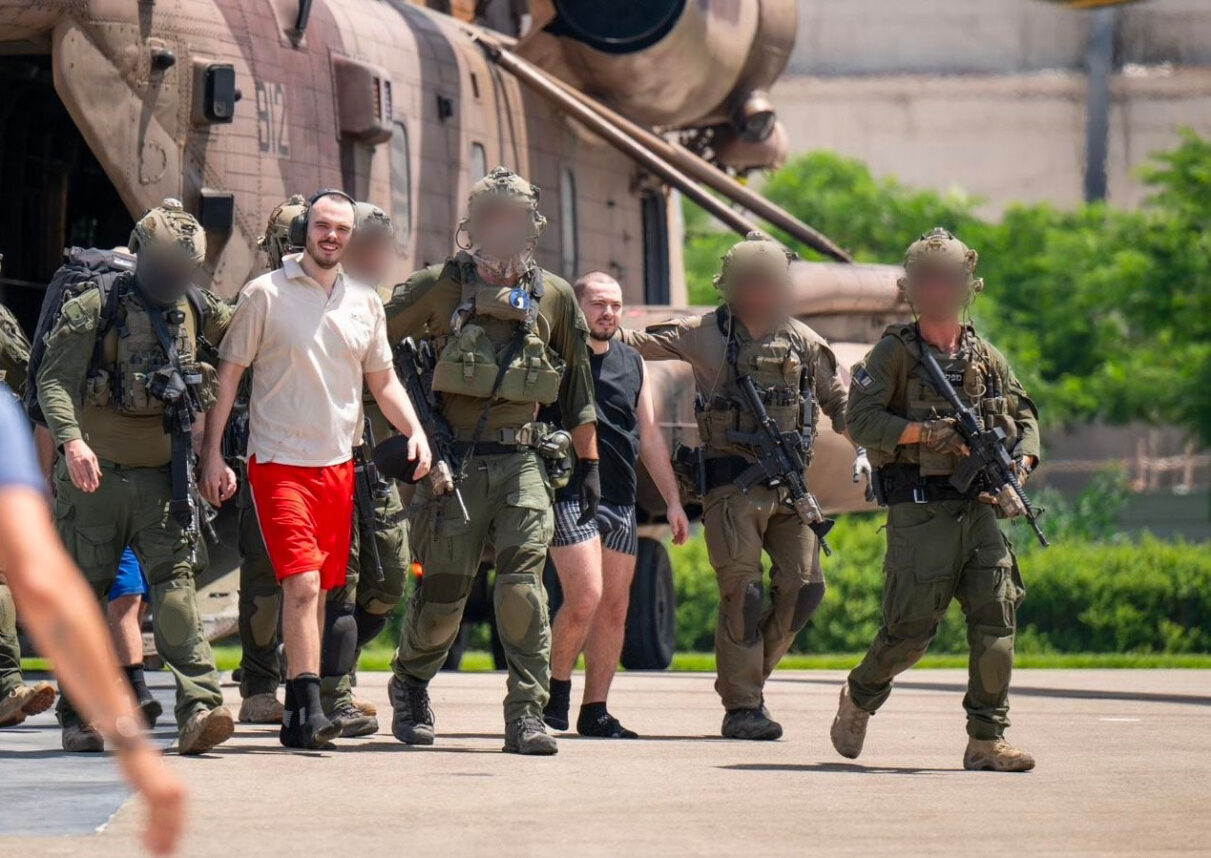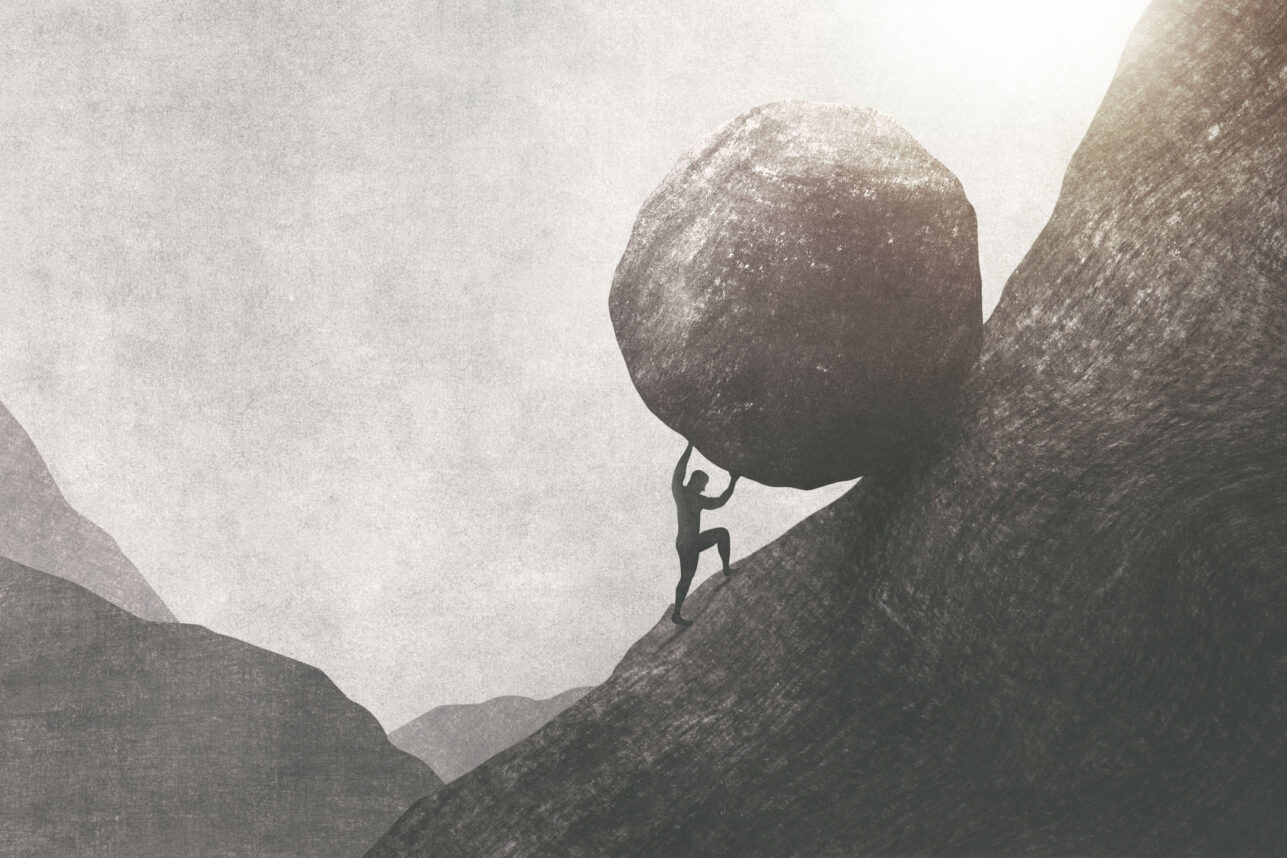
In the space of five days in April, San Fernando Valley native Simone Zimmerman went from a rank-and-file activist against Israel’s policies in the West Bank and Gaza to the most reviled figure of right-wing Zionism.
In the midst of an emotional and dramatic election campaign, Democratic presidential candidate Bernie Sanders tapped Zimmerman, then 25, to head his Jewish outreach. Shortly after, a year-old Facebook post surfaced where Zimmerman referred to Israeli Prime Minister Benjamin Netanyahu using expletives.
She edited the curse words out about 10 hours later, but it was too late: Somebody had taken a screenshot, and her post spread through the press like a virus. She was Sanders’ national Jewish outreach coordinator for less than six days before the campaign acceded to the demands of various Jewish leaders and removed her from the post.
But before all that, Zimmerman grew up in a rather normal Jewish childhood in Los Angeles, spending 10 summers at Camp Ramah in Ojai and attending a Jewish high school. By the time she went to college, at UC Berkeley, she was beginning to question what she’d been told about Israel and whether she’d gotten the full picture. The questions never went away.
While living in New York City in 2014, Zimmerman was part of small group of young, progressive Jews who founded IfNotNow, a nationwide network of activists that objects to the status quo in the Palestinian territories and challenges mainstream Jewish organizations to do the same.
“For me, a lot of my identity, the work that I do, is a direct result of coming to the institutions of the Jewish community, asking hard questions and being turned away, and often being attacked and vilified,” she said.
Zimmerman spoke to the Journal this week in a phone call from Israel, where she’s spending a year. The interview was her first with the press, Jewish or otherwise, since the Sanders controversy. (A previous interview published in +972 Magazine was conducted by a fellow activist, Isaac Luria.)
The following conversation has been edited for length and clarity.
Jewish Journal: You’re in Israel for the yearlong Dorot Fellowship. Can you tell us what that means?
Simone Zimmerman: The Dorot Fellowship chooses a cohort of [American} Jews, mid-to-late 20s, for a personal a leadership development program. … We plan seminars for each other about Israel and Israeli society and we have community days that include everything from a storytelling workshop to… personal feedback sessions, learning how to give and receive feedback. It’s a laboratory for individuals to work on different aspects of themselves that they want to reflect on, grow in.
JJ: What do you hope to get out of your year in Israel?
SZ: First and foremost, I’m here in Israel very much to reconnect with the humanity of this place — the humanity, the complexity, the beauty of the world that Israelis and Palestinians live in here… I’m spending a lot of time getting to learn about the narratives and avenues for hope and change … I guess you could say it’s an opportunity to get beyond the headlines.
JJ: Your story seems to have turned you into something of an archetype for perhaps thousands of other likeminded young American Jews. Does that feel like a burden on you and if so, do you accept it?
SZ: Yes and yes. … [After the controversy] I did need a space to breathe, take care of myself, kind of be out of the spotlight a little bit, reflect, recharge, reorient. … I think my experience on the campaign, there are aspects of it that I really see as a tremendous opportunity. It gave huge visibility to IfNotNow. It broadcast a story … It’s really important that lots more people know that there are many, many young American Jews like me whose politics developed not, in spite of the Jewish establishment, but because of our experience there. For me, a lot of my identity, the work that I do, is a direct result of coming to the institutions of the Jewish community, asking hard questions and being turned away, and often being attacked and vilified. … For me, I think it’s important that people know this story.
JJ: Abraham Foxman came out shortly after retiring as head of the Anti-Defamation League to call for your firing. Why do you think the Jewish establishment was so terrified of — no offense — some 25-year-old from the San Fernando Valley?
SZ: They attack us so much because they know that we are not a minority and that we are a growing voice in the community. If they didn’t see us as a growing threat they wouldn’t feel the need to attack us. I think they know that as the occupation hits its 50th anniversary, as the Israeli government moves more and more to the right, American Jews are moving left, a lot of us, and we’re not willing to check our values at the door to maintain this pro-Israel consensus. True safety and liberation for Jews in the U.S. and in Israel actually depends not on supporting the occupation but fighting for freedom for all people.
JJ: Are you optimistic that the Jewish establishment will come around to your position on Israel, or do you think some institutions will have to be toppled before all is said and done?
SZ: I hope some institutions might come around. I think a lot of the institutions of our community were really founded to serve really just causes. And it makes me sad, it really hurts me to see that so many of them have strayed from what I think is their founding mission. … But IfNotNow, Jews for Racial and Economic Justice, a lot of these organizations, even T’ruah, these organizations and movements are going to be seating the leaders that are going to start our own institutions … that in a few decades might make those other organizations totally irrelevant.
JJ: What does the future hold for Simone Zimmerman? Are you going to continue doing anti-occupation work?
SZ: I feel pretty clear that building a Jewish left and being part of the fight to end the occupation — that’s the work I’m going to be doing for a pretty long time. Exactly where and how, I’m not so sure yet.
JJ: Are you considering making aliyah and staying in Israel permanently?
SZ: Look, this place is really important to me. I have a lot of friends and family here. But I’m an American.
JJ: In 2014, you help start IfNotNow. Can you tell me about that?
SZ: IfNotNow started in New York City during the 2014 war in Gaza. The basic call to action was around Hillel’s three questions: “If I am not for me who will be for me? If I am only for myself, what am I? If not now, when?” … The actual action that we started doing was saying the Mourner’s Kaddish outside of Jewish institutions and reading the names of Israelis and Palestinians who were killed in the violence. It quickly moved to about eight other cities around the country. … Well over 1,000 people took action with us that summer. And we were shocked. … Once the war ended, we knew it was only a matter of time before there was another crisis, and we felt pretty committed to harnessing the voices of all the people who had come out to protest with us that summer. … We launched our training program a little over a year ago and at this point, there are 700 leaders in eight cities and quickly expanding, and over 4,000 people have taken action with IfNotNow.
JJ: Where do you see the future of the Jewish community moving at this point?
SZ: I’m more terrified and more hopeful in this moment than maybe I’ve ever been in my life. I’m terrified because I believe the threats that Donald Trump and his administration have made. I believe that real people are going to get hurt in the next four years. And as much as I believe that the Jewish establishment is out of touch and as many times as they’ve disappointed me over the years, it still really hurts to see them cozying up to white nationalists in the name of maintaining the status quo in Israel. On the flip side, I’m really hopeful because I really believe I’m part of a majority in the U.S. that actually believes in a better future. … We’re really excited to see more and more people in our community being forced to choose a side. I think that polarization [can be] such a really important opportunity and I hope a lot more people are really going to get involved and stand up for their values.






















 More news and opinions than at a Shabbat dinner, right in your inbox.
More news and opinions than at a Shabbat dinner, right in your inbox.